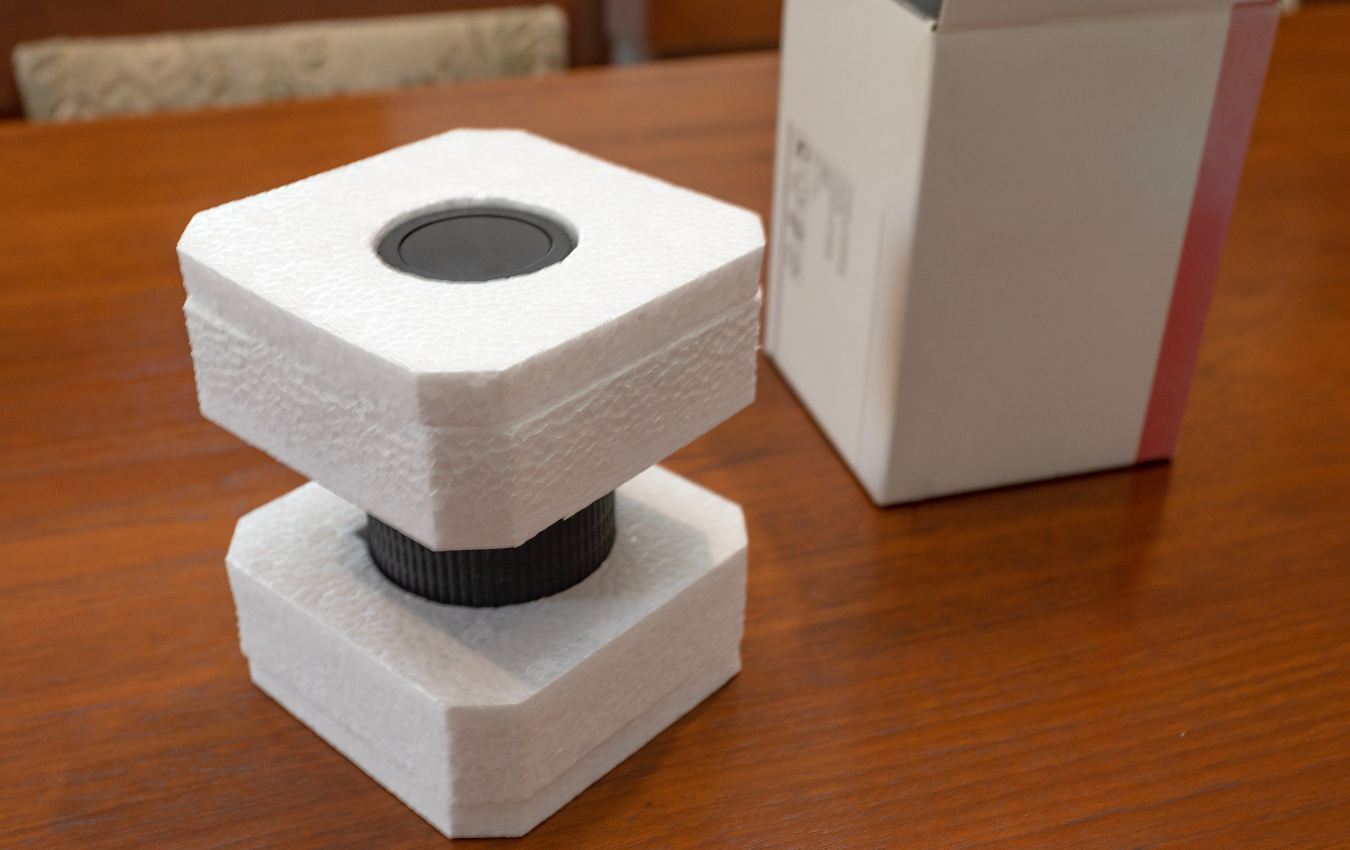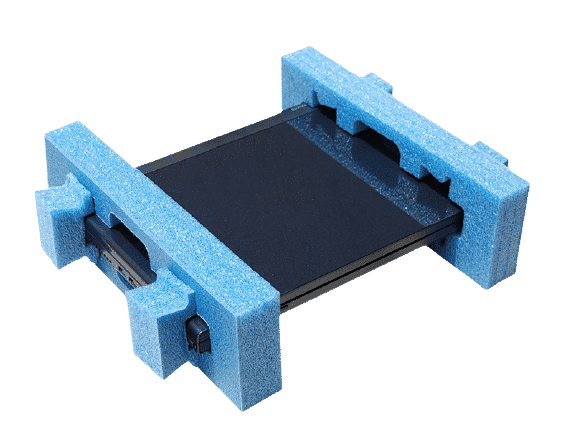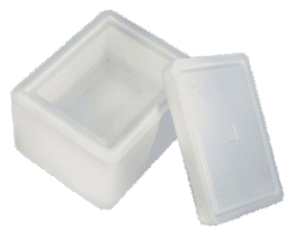Home » Expanded Polystyrene (EPS) Foam in Packaging Explained
Expanded Polystyrene (EPS) Foam in Packaging Explained

Packaging is an essential aspect of the modern supply chain, serving as a protective shield for products, preserving their quality, and enhancing their marketability. Among the plethora of packaging materials available today, Expanded Polystyrene (EPS) foam has been a versatile and effective choice. In this comprehensive guide, we will delve into the world of EPS foam in packaging, exploring its properties, applications, benefits, environmental considerations, and more.
Understanding EPS Foam
What is EPS Foam?
EPS foam, also commonly referred to as Styrofoam, is a lightweight and rigid plastic material derived from polystyrene. Its manufacturing process involves the expansion of polystyrene resin beads using heat and steam, resulting with exceptional cushioning and insulation properties.
Key Properties of EPS Foam
EPS foam possesses several key properties that make it an ideal material for packaging purposes:
- Lightweight: It is exceptionally light, reducing transportation costs.
- Insulation: Offers excellent thermal resistance and moisture protection.
- Cushioning: Provides superior shock absorption, safeguarding products during transit.
- Buoyancy: EPS foam is buoyant, making it suitable for applications requiring flotation.
- Moldability: It can be molded into various shapes and sizes to fit a wide range of products.
- Recyclability: While recyclable, EPS foam recycling often requires specific facilities and processes.

Applications of EPS Foam in Packaging
Protective Packaging
EPS foam is widely used to safeguard fragile and sensitive items during shipping. It serves as an effective cushion against impacts, vibrations, and temperature variations. Common applications include electronics, glassware, and equipment.
Insulated Packaging
Thanks to its exceptional insulation capabilities, EPS foam is employed for packaging temperature-sensitive goods such as food, pharmaceuticals, and chemicals. It helps maintain the desired temperature, minimizing spoilage and product damage.
Void Fill and Dunnage
EPS foam can be converted into loose-fill packaging or custom shapes to fill empty spaces within packages, preventing products from shifting and sustaining damage during transit.
Industrial Packaging
In industries such as automotive and manufacturing, EPS foam is used for bulk packaging of components and materials. It provides protection against mechanical damage and corrosion.
Benefits of EPS Foam Packaging
Superior Protection
EPS foam’s ability to absorb shocks and vibrations ensures that products arrive intact at their destination, reducing returns and customer complaints.
Lightweight
The lightweight nature of EPS foam contributes to lower shipping costs and reduced fuel consumption, thereby decreasing carbon emissions.
Thermal Insulation
For products requiring temperature control, EPS foam acts as an efficient insulator, helping maintain product quality and safety.
Customization
EPS foam’s moldability allows for the creation of precisely tailored packaging solutions, minimizing waste and material usage.
Cost-Effective
EPS foam remains a cost-effective choice compared to many alternative packaging materials with similar protective properties.

Environmental Considerations
Recycling
While EPS foam is recyclable, the availability of collection and recycling facilities varies by region. It is crucial for businesses and consumers to follow local recycling guidelines and utilize available facilities.
Sustainable Alternatives
Ongoing efforts within the industry focus on finding sustainable alternatives to EPS foam, such as biodegradable foams and other eco-friendly packaging materials.
EPS Foam in a Circular Economy
Extended Life
EPS foam can have an extended life beyond packaging through recycling or repurposing in various applications, including construction and arts and crafts.
Closed-Loop Recycling
Some companies are investing in closed-loop recycling systems, which collect and reuse EPS foam packaging, contributing to a more sustainable and circular economy.
If you are interested EPS foam packaging solutions, then partner with Brown Packaging today to get started.
Affordability used to be a quiet compromise — a goal that lived behind the scenes while marketing focused on gloss and finish. But in today’s
The Challenge Parakeet Cafe was preparing a holiday coffee blend promotion and needed custom digital printed pouches that reflected a festive, premium look. While the
Premium packaging sells — until it doesn’t. In an environment where raw material costs, shipping rates, and consumer budgets all fluctuate, the smartest brands are
Dimensional (DIM) weight pricing has become a major driver of shipping costs in e-commerce and industrial supply chains. Carriers charge based on the greater of
The first quarter is a critical period for packaging buyers to reset supply levels after the holiday surge. Overstocking ties up capital, while understocking creates
Subscription packaging continues to expand across beauty, food, lifestyle, and specialty products. Buyers must balance branding, protection, and sustainability while keeping fulfillment efficient. This checklist
Home » Expanded Polystyrene (EPS) Foam in Packaging Explained

Packaging is an essential aspect of the modern supply chain, serving as a protective shield for products, preserving their quality, and enhancing their marketability. Among

Choosing the right foam density isn’t about “soft” versus “hard” — it’s about controlling shock transmission and matching the foam’s cushioning curve to the product’s

Packaging foam is essential for protecting products against shocks, vibrations, and other potential damages during transportation and storage. Understanding the different types of packaging foam


